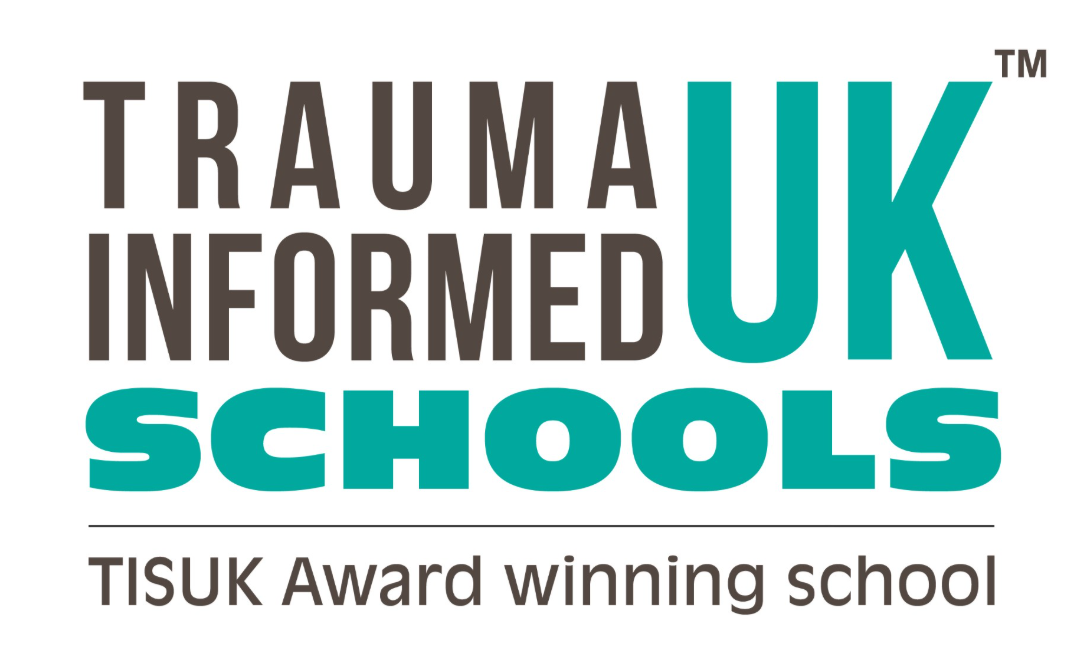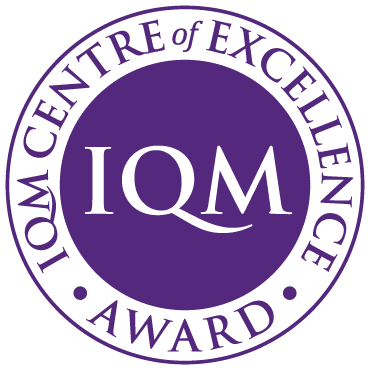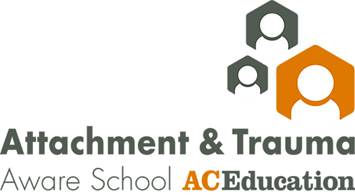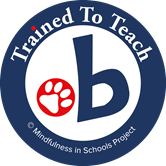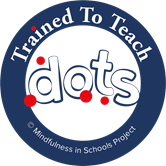Phonics and Reading
Intent
At Educate U, we want all our students to become confident readers and writers. This starts in the Primary years when we introduce them to phonics. Phonics involves matching the sounds of spoken English with individual letters or groups of letters and is made up of 6 phases, which children start to learn in the Early Years, and continue until they can read fluently. Through regular, systematic, and consistent phonics teaching, students learn to segment words to support their spelling ability and blend sounds to read words.
To ensure each student starts their phonics journey at the right phase, we carry out individual assessments to see which sounds they recognise, and then use the results to plan the level of phonics that would be most appropriate for them.
We use the Twinkl phonics scheme, which offers a coherently planned sequence of lessons that supports the effective teaching of phonics within EYFS, KS1 and, where appropriate, KS2. The Twinkl Phonics Programme intends to not only provide children with opportunities to develop the knowledge, skills and understanding essential for reading and writing, but also, to develop each child’s confidence, resilience and engagement in phonics lessons and a love for reading and writing. If, through assessment and observation, teachers decide that a child needs further phonics intervention, Twinkl Codebreakers, a comprehensive and scripted intervention programme, can be used. It is specifically designed for KS2 pupils to close the gap and develop essential reading and writing skills.
We understand that not all children progress at the same rate, and we pride ourselves on our ability to meet each child’s needs by taking the time to ensure that each phonics phase is embedded, before moving on to the next. Staff plan engaging lessons, using the children’s interests to motivate them in their learning.
As well as using the Twinkl phonics scheme, we use interactive resources such as ‘Reading Eggs’ to motive and engage our students in their phonics lessons.
Implementation
The Twinkl Phonics Progression Map sets clear expectations for pupils’ progress within the Twinkl Phonics Programme. The tracking document attached allows headteachers, senior leaders, teachers and practitioners to track pupils’ progress. It provides opportunities for data analysis and encourages discussions around pupil progress, group progress, future learning and misconceptions, enabling schools to respond and adapt teaching within the programme to provide additional support and challenge to pupils. The dynamic and engaging materials delivered in the daily lesson packs within Levels 2-6 ensure a clearly defined structure to the teaching of phonics. The direct teacher-led lessons enable all learners to develop and apply new skills, while also providing opportunities to further apply these skills within fun and engaging activities and through continuous provision. The lesson presentations, stories, games, additional texts and toolkits are meticulously planned to allow children to apply and practise phonics skills. They also offer opportunities to challenge learners and provide support to teachers and parents. Teacher guides for each stage are provided to allow teachers and adults working with children to feel confident in their own subject knowledge, knowing they are fulfilling the national phonics criteria and achieve their full potential.
Impact
The impact of using the Twinkl Phonics Programme as the basis of our phonics teaching, will be for children to develop their phonics skills and knowledge through a systematic, synthetic approach, while covering the statutory requirements outlined in the 2014 National Curriculum. It provides sufficient support for children to become fluent readers. Following the programme gives schools a consistent approach to phonics, which is clear to teaching staff and learners.



